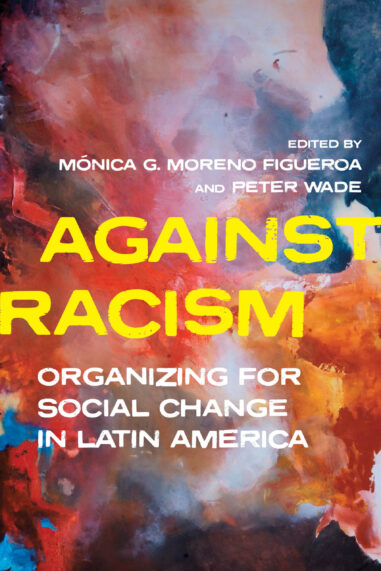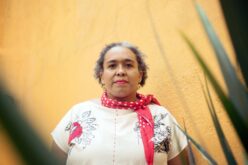
Hardcover $60.00
Request Exam or Desk Copy. Request Review Copy
Against Racism
Organizing for Social Change in Latin America
By approaching race through antiracism, this exemplar of teamwork in social research charts a major innovation in thinking about race in Latin America and beyond. Interweaving themes, cases, and countries, race appears in social activism even when it is not named, and even when it is named it may not be the only factor building support and strategy.


